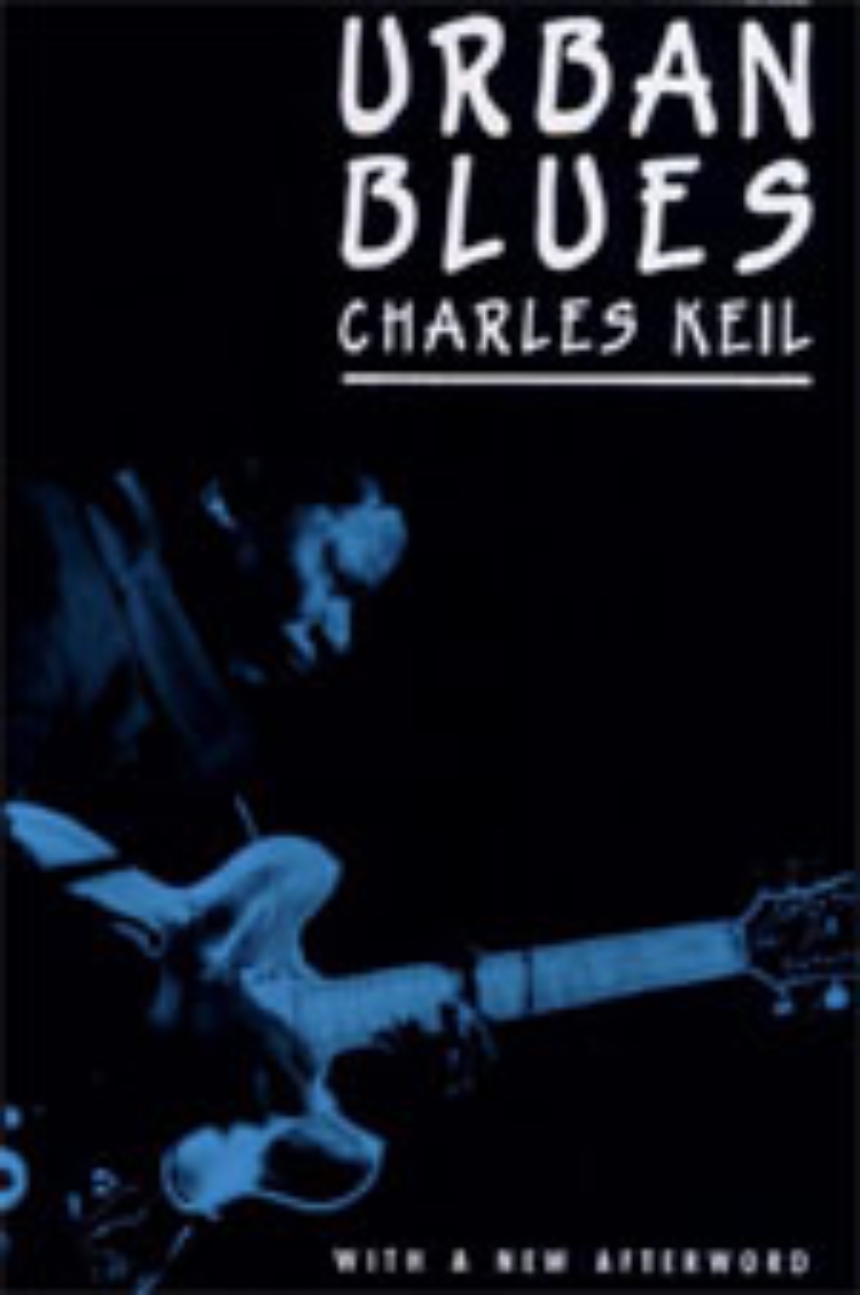Urban Blues
Charles Keil examines the expressive role of blues bands and performers and stresses the intense interaction between performer and audience. Profiling bluesmen Bobby Bland and B. B. King, Keil argues that they are symbols for the black community, embodying important attitudes and roles—success, strong egos, and close ties to the community. While writing Urban Blues in the mid-1960s, Keil optimistically saw this cultural expression as contributing to the rising tide of raised political consciousness in Afro-America. His new Afterword examines black music in the context of capitalism and black culture in the context of worldwide trends toward diversification.
"Enlightening. . . . [Keil] has given a provocative indication of the role of the blues singer as a focal point of ghetto community expression."—John S. Wilson, New York Times Book Review
"Enlightening. . . . [Keil] has given a provocative indication of the role of the blues singer as a focal point of ghetto community expression."—John S. Wilson, New York Times Book Review
"A terribly valuable book and a powerful one. . . . Keil is an original thinker and . . . has offered us a major breakthrough."—Studs Terkel, Chicago Tribune
"[Urban Blues] expresses authentic concern for people who are coming to realize that their past was . . . the source of meaningful cultural values."—Atlantic
"An achievement of the first magnitude. . . . He opens our eyes and introduces a world of amazingly complex musical happening."—Robert Farris Thompson, Ethnomusicology
"[Keil's] vigorous, aggressive scholarship, lucid style and sparkling analysis stimulate the challenge. Valuable insights come from treating urban blues as artistic communication."—James A. Bonar, Boston Herald
"[Urban Blues] expresses authentic concern for people who are coming to realize that their past was . . . the source of meaningful cultural values."—Atlantic
"An achievement of the first magnitude. . . . He opens our eyes and introduces a world of amazingly complex musical happening."—Robert Farris Thompson, Ethnomusicology
"[Keil's] vigorous, aggressive scholarship, lucid style and sparkling analysis stimulate the challenge. Valuable insights come from treating urban blues as artistic communication."—James A. Bonar, Boston Herald
244 pages | 17 halftones | 5-1/4 x 8 | © 1966, 1991
Anthropology: Cultural and Social Anthropology
Music: Ethnomusicology
Sociology: Sociology of Arts--Leisure, Sports
Table of Contents
Introduction
I. Afro-American Music
II. Blues Styles: An Historical Sketch
III. Fattening Frogs For Snakes?
IV. B. B. King Backstage
V. Big Bobby Blue Bland on Stage
VI. Role and Response
VII. Soul and Solidarity
VIII. Alternatives
Appendix A. The Identity Problem
Appendix B. Talking About Music
Appendix C. Blues Styles: An Annotated Outline
Afterword: Postscripts
Index
I. Afro-American Music
II. Blues Styles: An Historical Sketch
III. Fattening Frogs For Snakes?
IV. B. B. King Backstage
V. Big Bobby Blue Bland on Stage
VI. Role and Response
VII. Soul and Solidarity
VIII. Alternatives
Appendix A. The Identity Problem
Appendix B. Talking About Music
Appendix C. Blues Styles: An Annotated Outline
Afterword: Postscripts
Index
